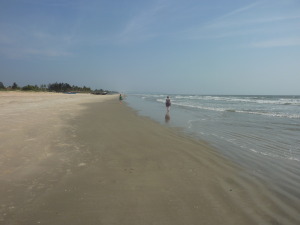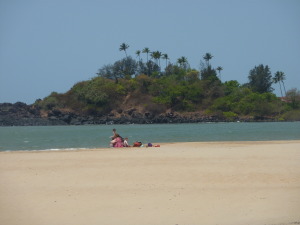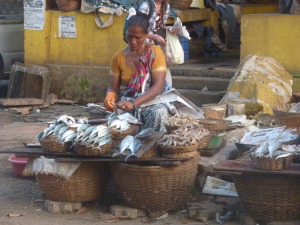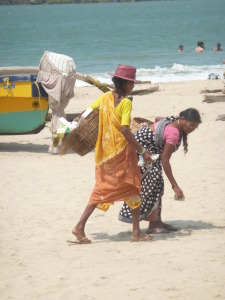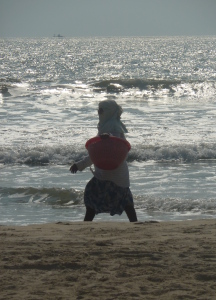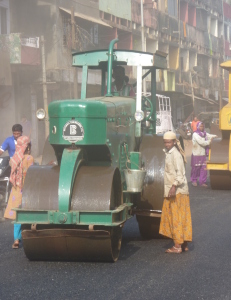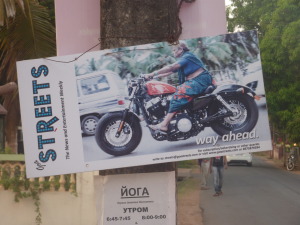Before I left India, I had the opportunity to visit a health initiative in Thane (pronounced Taanay), a tribal district, an hour and a half’s drive north of Mumbai, in the company of Zelma Lazarus the Chief Executive of ‘Impact India’.
Thane is a tough area for anyone to live, with a landscape that yields few crops, and few other alternatives for employment except working in brick factories.
‘Impact India’, a charitable foundation supported by the Government of India, is well-known for its ‘Lifeline Express’, the hospital on wheels which transverses India’s vast railway network, providing surgery to the poorest people who are affected by disability.
In Thane, it has embarked on a different kind of project with the aims of reducing the catastrophically high infant mortality rate and eradicating preventable disability. Life for girls and young women in Thane is particularly difficult. Zelma explains to me the cycle of poor health in which they are caught:
Having lower status than males, they are given less food than they need, which means that they are under-nourished. The hot climate brings on menstruation early, adding to health issues and, in particular, causing aenaemia. But as soon as girls hit puberty, they are married off, even though they are legally under age. So there are lots of under-age, under-nourished mothers producing under-weight babies who have a very poor start in life if, indeed they make it at all.
Often, new-born babies, still with the umbilical cord attached, transmitting warm blood into them, are placed directly on the cold ground. Many die of shock. This has prompted the ever-resourceful Zelma to launch a campaign to provide a baby wrap for every new-born child. So far, she has made about a thousand herself!
‘Impact India’ staff have developed a comprehensive programme of ante- and post-natal education for women and girls, as well as practical strategies for making sure that they benefit from the exisiting government primary healthcare facilities.
It was real privilege to see the programme in action in two remote villages. The commitment and openness of the staff was evident, as was the willingness of the young women to learn. I will be writing more about this important project elsewhere. In the meantime, you can find out more about ‘Impact India’ here:
https://www.impactindia.org
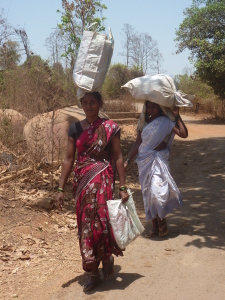
A hard life for women in Thane
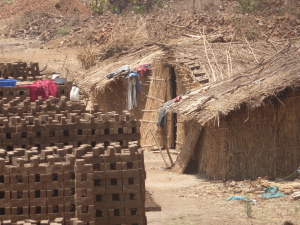
Brickworkers often live ‘on the job’
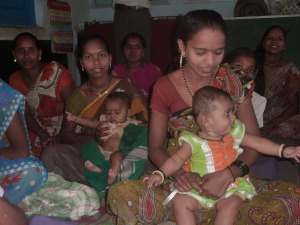
Post-natal class in progress in a village centre
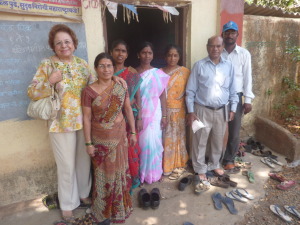
Zelma with Impact India staff and government teachers at a village centre




